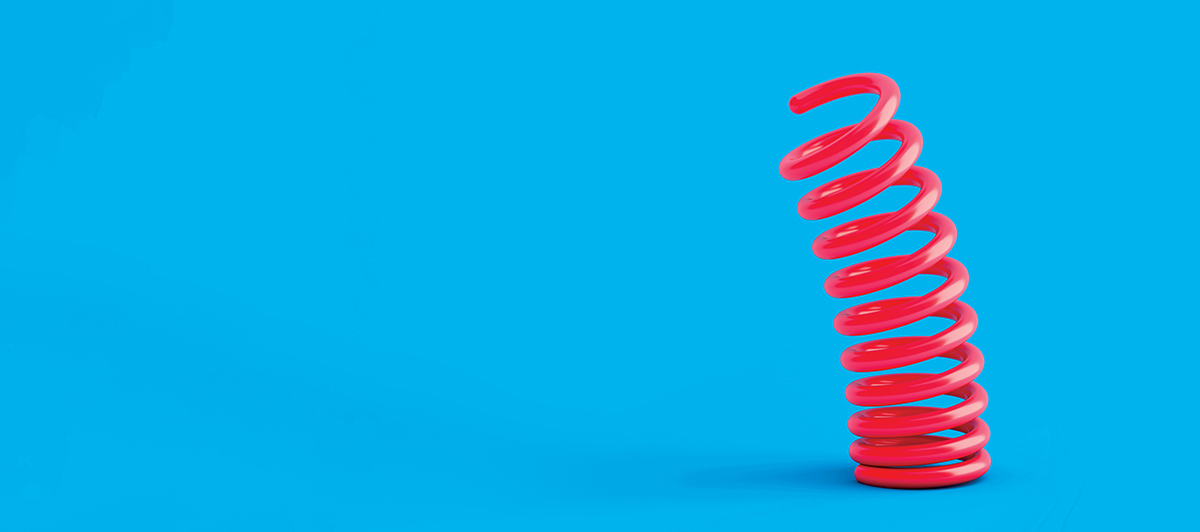
Spring energy savings tips
 The spring is a great time to focus on saving energy.
The spring is a great time to focus on saving energy.
Longer days and milder temperatures make it easier to give our living spaces some attention, whether it’s spring cleaning or tackling a major home improvement project.
In this article, we offer some energy saving tips, ranging from changes of habit to a few modest purchases. Together, these can help you save energy this season and beyond.
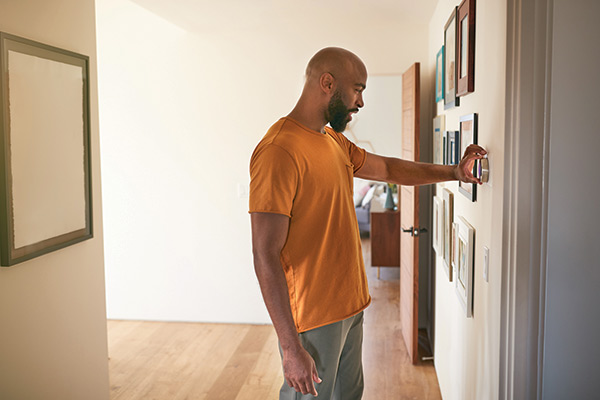
Get smart with your thermostat
Since spring temperatures are usually moderate, you can often turn off your heating and cooling system for a while. This is an ideal time to replace your thermostat if you have an older model. A programmable or “smart” thermostat reduces unnecessary heating and cooling by automatically making adjustments, either on a pre-programmed schedule or based on when you’re at home (using your smartphone to determine location).
One manufacturer estimates using a smart thermostat can save up a typical home up to 23 percent on HVAC costs.
Central Hudson offers a $50 rebate on smart thermostats.

Move the air
Spring is the perfect time to take advantage of natural ventilation by opening your windows and letting in fresh air. This can reduce the need for air conditioning and help save energy.
You should also adjust your ceiling fan’s direction; counter-clockwise for the cooler part of spring, and clockwise as it warms up. Be sure to turn the fan off when the room is unoccupied — fans cool or warm people, not spaces.
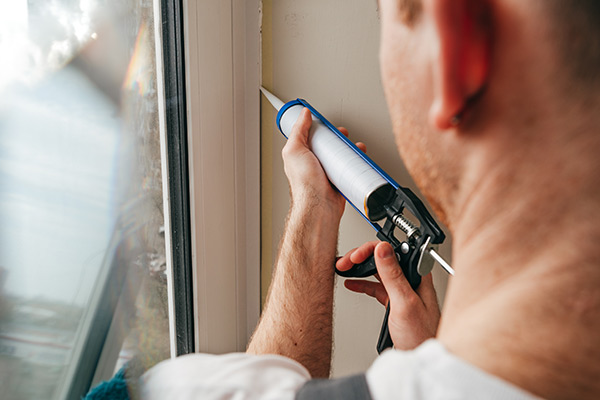
Seal the leaks
Sealing leaks around doors and windows with caulk and weatherstripping can save about 15 percent on heating and cooling costs. As the weather warms, it's a good time to do this work, since you'll lose less heat opening and closing doors and because caulk, glue, and other materials set better in moderate temperatures.

Use the sun
Longer days means more sunshine to make use of! Open shades and drapes on sunny days to warm your home naturally. Close them if you need to cool down.
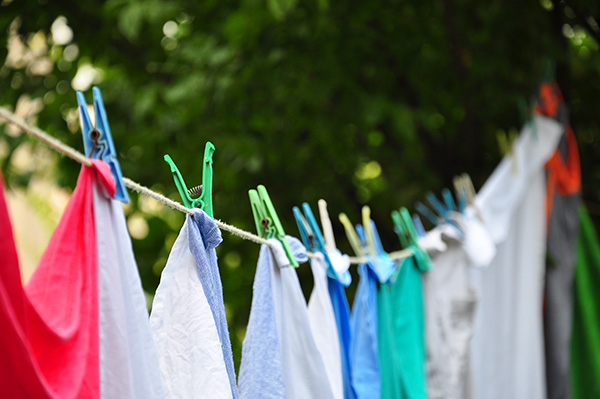
Skip the dryer
After space heating, air conditioning, and water heating, your clothes dryer is usually the next highest energy user. If you’re able, skip the dryer on sunny spring days and dry your laundry on a clothesline. If you are using a dryer, use low heat. You’ll use less energy with a longer dry cycle at a lower heat setting than with a shorter cycle at a higher temperature.
Read more about ways to reduce energy in the laundry room.
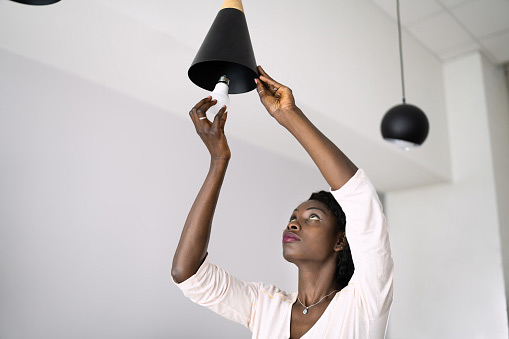
Switch to LEDs
With more daylight, you'll have less of a need for artificial light. But that's no reason not to consider how to decrease your energy use. Quite the opposite. Summer, when energy use tends to spike due to air conditioning, is just around the corner, so it's a good idea to take this time to find efficiencies where you can.
LEDs use up to 90 percent less energy and last up to 25 times longer than traditional incandescent bulbs. If you haven’t already switched the light bulbs in your home to LEDs, now is the time. By replacing your home's six most-used incandescent bulbs with ENERGY STAR LEDs you can save about $90 per year.
Learn more about choosing the right LEDs.

Check your A/C
Before the heat of summer sets in, it's a good idea to have your air conditioning or heat pump system serviced. This can help ensure that it's running efficiently and effectively, and can save you money on energy bills.
More energy-saving info
Shop local: A guide to Central Hudson's reducing pricing at local retailers on air purifiers, dehumidifiers, and water fixtures, as well as rebates on heat pump water heaters, smart thermostats, and pool pumps.
Heat pumps: Incentives available on air- and ground-source heat pumps, which provide efficient electric heating and cooling.
Natural gas: Information on natural gas incentives and benefits, with information comparing the costs of various heating sources and details on how to determine if gas is available at your address.
Electric vehicles: We offer programs to help businesses and municipalities install charging infrastructure and decide if it makes sense to switch to EVs for their fleet vehicles, as well as special "time-of-use" rates for EV owners.


